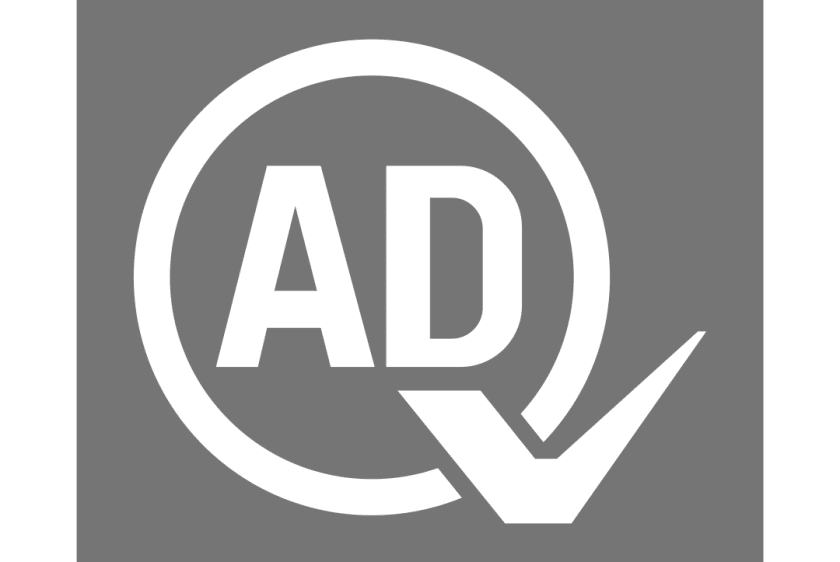Electric vehicle (EV) charger wall mounts are essential for convenient at-home charging, but they aren’t immune to problems. From physical wear to technical glitches, understanding these issues ensures reliable performance.
In this article, we’ll break down common challenges and answer a critical question: Can you use your EV charger during a power outage?
1. Physical Damage and Environmental Exposure
Common Issues with EV Charger Wall Mounts: Wall mounts are often installed outdoors, making them vulnerable to weather (rain, snow, UV rays), vandalism, or accidental impacts. Cracked housings or corroded components can disrupt charging.
Solution:
Choose chargers with high IP ratings (e.g., IP65 or higher) for weather resistance.
Install protective covers or shelters.
Regularly inspect for visible damage.
2. Installation Errors
Common Issues with EV Charger Wall Mounts: Poor installation can lead to electrical hazards, overheating, or intermittent charging. Common mistakes include incorrect wiring, insufficient circuit capacity, or mounting on unstable surfaces.
Solution:
Hire a certified electrician for installation.
Ensure the circuit matches the charger’s power requirements (e.g., 240V circuits for Level 2 chargers).
Use sturdy mounting hardware.
3. Electrical Faults
Common Issues with EV Charger Wall Mounts: Breakers tripping, overheating cables, or faulty GFCI (Ground Fault Circuit Interrupter) outlets may interrupt charging.
Solution:
Test GFCI outlets monthly.
Avoid overloading circuits—dedicate a circuit to the charger.
Replace frayed cables or damaged connectors promptly.
4. Connectivity and Software Glitches
Common Issues with EV Charger Wall Mounts: Smart chargers may face Wi-Fi/Bluetooth dropouts, failed firmware updates, or app synchronization problems.
Solution:
Reboot the charger and router.
Install firmware updates as recommended.
Reset the charger to factory settings if issues persist.
5. Compatibility Concerns
Common Issues with EV Charger Wall Mounts: Not all chargers work with every EV model. Plug incompatibility or communication errors can occur.
Solution:
Verify charger compatibility with your vehicle’s make/model.
Use adapters certified by the manufacturer.
6. Wear and Tear
Common Issues with EV Charger Wall Mounts: Frequent use degrades cables, connectors, and internal components.
Solution:
Inspect cables for cracks or exposed wires.
Lubricate connectors (if recommended).
Schedule annual maintenance checks.
Can You Use an EV Charger During a Power Outage?
Most wall-mounted EV chargers rely on grid power, meaning they won’t function during an outage. However, there are exceptions:
Home Battery Systems: Pairing your charger with a backup battery (e.g., Tesla Powerwall) can provide temporary power.
Solar + Storage: Solar panels with battery storage may allow off-grid charging, depending on system capacity.
Portable Generators: Some Level 1 chargers can run on generators, but check manufacturer guidelines.
Important: Not all setups are compatible. Consult experts to design a resilient charging solution.
For backup power options or to troubleshoot charger issues, explore expert solutions at QuikRev.
Conclusion
Proactive maintenance and proper installation minimize most EV charger wall mount issues. While power outages typically halt charging, integrating renewable energy or backup systems can keep you moving. For tailored advice or premium products, visit QuikRev—your partner in EV charging reliability.




